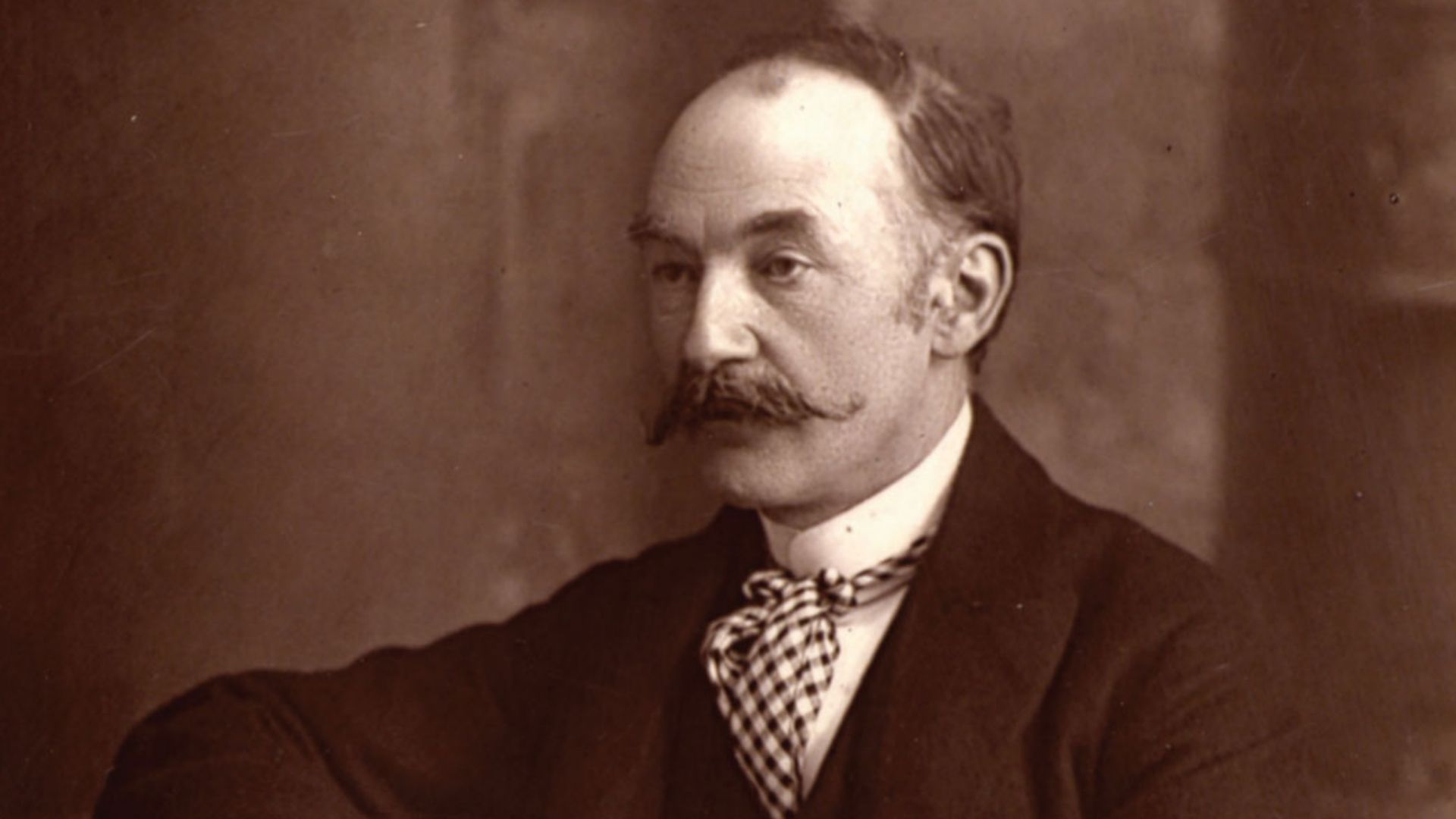Catullus: Xxxi Poem by Thomas Hardy
Catullus: Xxxi
(After passing Sirmione, April 1887.)
Sirmio, thou dearest dear of strands
That Neptune strokes in lake and sea,
With what high joy from stranger lands
Doth thy old friend set foot on thee!
Yea, barely seems it true to me
That no Bithynia holds me now,
But calmly and assuringly
Around me stretchest homely Thou.
Is there a scene more sweet than when
Our clinging cares are undercast,
And, worn by alien moils and men,
The long untrodden sill repassed,
We press the pined for couch at last,
And find a full repayment there?
Then hail, sweet Sirmio; thou that wast,
And art, mine own unrivalled Fair!
Gaius Valerius Catullus (Verona,87 B.C - Rome,54 B.C.) owned a small home in Sirmione (on Garda Lake) . While resting there, after a voyage in Bithynia, he wrote a poem, CARME XXXI. - see the original Latin text below. Thomas Hardy translated it, not literally, so his version is a poem of its own. Catullus, in 'Carmina': CARME XXXI. Paene insularum, Sirmio, insularumque Ocelle, quascumque in liquentibus stagnis Marique vasto fert uterque Neptunus, Quam te libenter quamque laetus inviso, Vix mi ipse Thyniam atque Bithynos Liquisse campos et videre te in tuto. O quid solutis est beatius curis, Cum mens onus reponit, ac preregrino Labore fessi venimus larem ad nostrum Desideratoque acquiescimus lecto. Hoc est, quod unumst pro laboribus tantis. Salve, o venusta Sirmio, atque ero gaude: Gaudete Vosque, o Lydiae lacus undae: Ridete, quidquid est domi cachinnorum.
This poem has not been translated into any other language yet.
I would like to translate this poem
Catullus's Carme XXXI. - ITALIAN TRANSLATION: Che allegria piena, distesa, Sirmione, rivederti più bella di tutte le isole e penisole che Nettuno solleva sulle acque diverse dei laghi trasparenti o del mare immenso. Quasi non credo d'essere lontano dalla Tinia, dalle terre bitinie e guardarti sereno. Vi è felicità più grande che scordare gli affanni, quando la coscienza si annebbia nella fatica di viaggiare e si torna alla nostra casa stremati per riposare in quel letto sospirato? Di tutte le fatiche questo è l'unico premio. Sirmione, bellissima, mia, rallegrati e rallegratevi anche voi onde lidie del lago: risuonino nella casa solo grida di gioia.